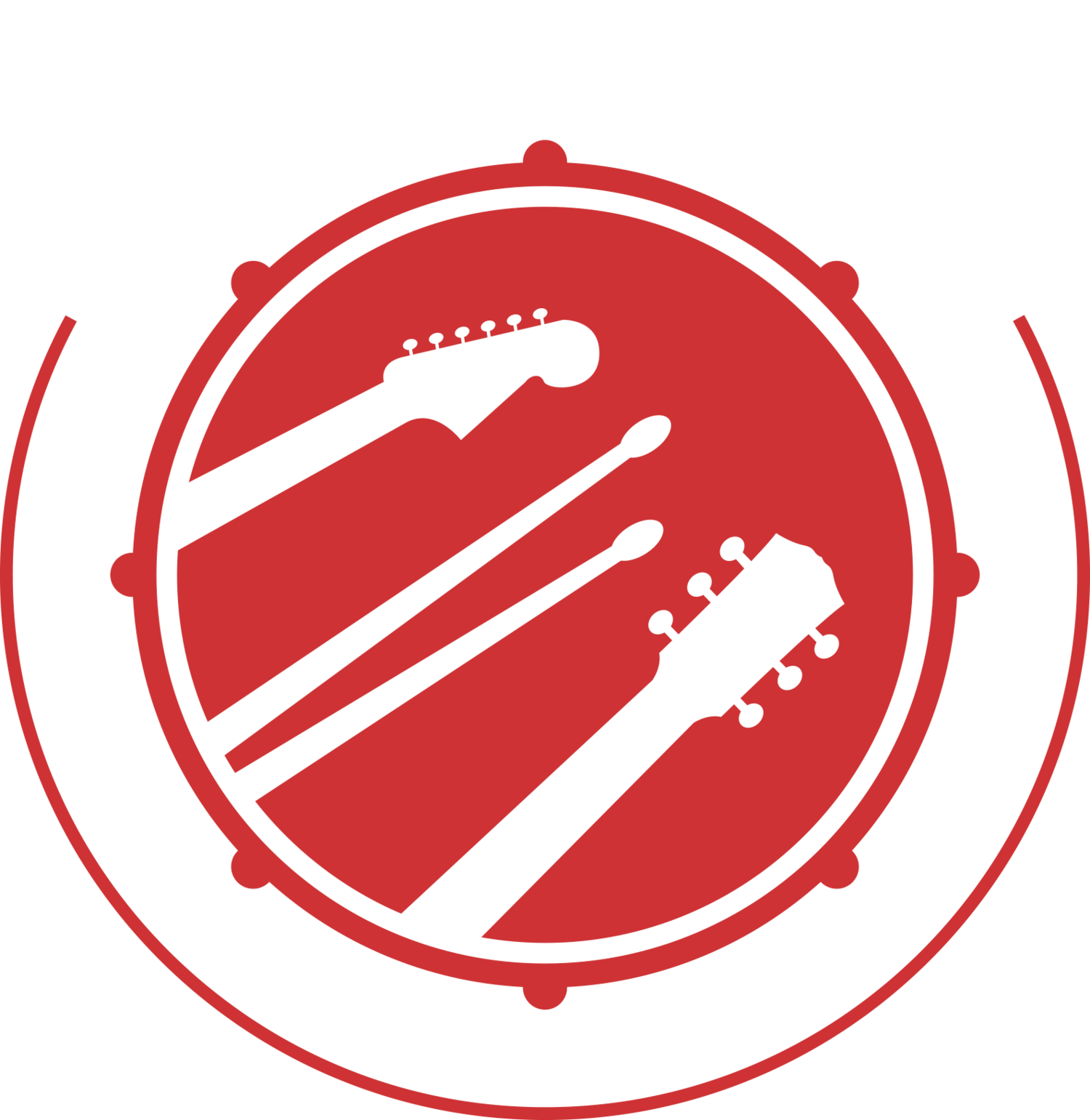Music is a language that people of all ages, religions, nationalities, and ethnicities speak. Hearing a certain tune can trigger nostalgic moments of our lives that take us back to happier, or sadder times. In a way, music speaks louder than anything. It has the capacity to touch every soul, including those of children with special needs, and it can be an incredible tool in the education and socialization of children with special needs.
Special Needs Children and the Power of Music
Creativity is a powerful teaching tool, and since music is filled with creative interaction, it’s the perfect teaching tool for children with special needs––especially for children with Autism Spectrum Disorder (ASD) and other special needs like cerebral palsy, childhood apraxia of speech (CAS), and those with learning disabilities.
Music education and exposure have also had positive impacts on children suffering from depression and other mental illnesses. Exposure to music can also establish emotional understanding in children as well as encourage responsiveness, empathy, and communication. It also promotes feelings of empowerment and connectedness that can make a huge impact in a child’s life.
How Special Needs Children Benefit From Music Lessons
Music helps children with special needs learn to participate in very different ways as opposed to a traditional classroom setting (auditory or visually). Instead of speaking or writing, a child can use music to communicate their experiences. This kind of learning is effective in many ways:
Multi-Sensory Learning
Unlike traditional instruction, which may include auditory or visual learning, music is a multi-sensory experience that uses a child’s tactile system, auditory system, and visual system to provide a whole-body experience. The more senses you can involve in the learning process, the better.
Music is Non-Verbal
For many children with disabilities, words present an enormous challenge. Some children have difficulty expressing themselves or their feelings, while others have a hard time communicating or processing their words. Music plays a key role in bridging the gap of communication and eliminates the barrier of turning their inner feelings into verbal expression. It offers freedom of expression and relief by allowing children to speak without using any words at all.
Music and the Brain
Music is processed in many regions of the brain simultaneously. Research has proven that while language and social abilities in children with ASD show impairment, children with ASD process music in the same ways as those who do not have autism.
Other studies have shown similar findings: individuals with ASD show a preference for musical learning over visual stimuli. In terms of musical interest and ability, those with autism have an advantage over those without it.
Music Is Motivating
When forced to do mundane tasks like cleaning the house or going for a jog, lots of people like to turn on their favorite music to help motivate them.
In this very same way, music can be a great motivator for children with special needs. It can push children out of their comfort zones and have positive behavioral impacts on the way children learn and develop new skills.
Music Improves Learning
Using music in an education environment is a great way to enhance learning for children who don’t learn through traditional methods. Research has shown that there are direct connections between music and specific skill sets in the following areas:
Singing––enhances communication skills and speech.
Rhythm––improves and refines motor skills.
Memorizing lyrics––helps students better memorize academic material.
Listening to music––increases focus in students in the classroom.
Music has a tremendous impact inside and outside of the classroom––for students and mentors alike. It has also proven to have a behavioral impact on students with special needs, improving appropriate behavior and interpersonal interaction. Music lessons and neuro-inclusive musical programs can make a huge difference in the life of your special needs child. Our music instructors will work diligently and patiently to help your child with anxiety, discomfort, and pain associated with communication and tasks.
Our goal at The Music Room is to help your child improve their coordination, motor skills, sensory integration, and more. Contact us today to find out more about our Neuro-Inclusive Program.

